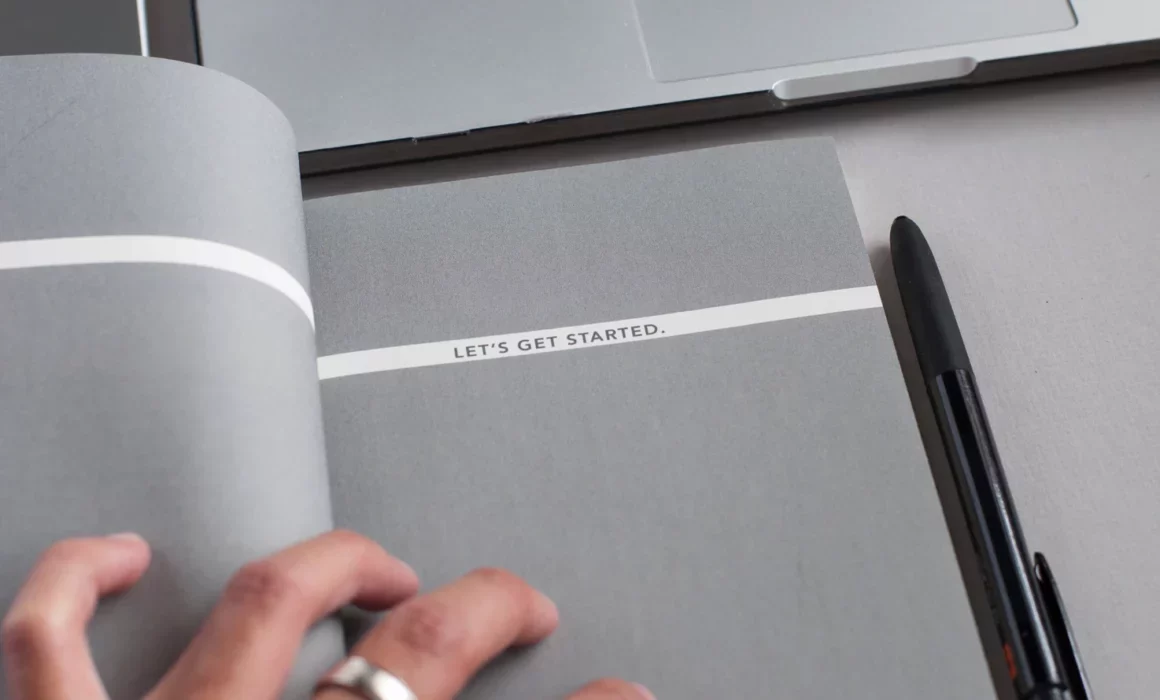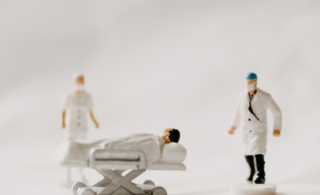
When you’re diagnosed with breast cancer, your consultant will probably talk to you about all of the things in this list. However, it’s perfectly normal to be completely overwhelmed and in shock and not take in anything that the consultant says to you. In this situation, contact the breast care nurse (the dedicated breast cancer nurse at the hospital and to whom you will probably have been introduced at your diagnosis appointment) to see whether you can go through everything again with her. You can usually correspond with the breast care nurse on email or the phone – just ask your nurse how it’s best to communicate with her.
Remember that at this stage, there is no point in jumping ahead of yourself. But rather, it’s best to focus on the immediate situation, which is your new cancer diagnosis and what happens now. It’s also worth remembering that treatment can evolve over time, so whatever treatment is planned now, might be tweaked and changed going forward. You can, if you wish, ask questions about the stage and grade of your tumour, survival statistics and your treatment, but there is absolutely no obligation to this and in fact, it might be best to stick to the current situation.
We’ve written this from our own experience as people who’ve had breast cancer and been through the treatment. These are our suggested questions, although the breast care nurse will probably cover all of this anyway:
- What are the key things that I need to know now? And what are the immediate next steps? There is a lot to take in with a cancer diagnosis so you might want to start with these two questions, and then ask some additional questions further down the line once you’ve had a chance to take in the news. However, if you feel up to finding out a little more about your diagnosis, here are some more questions.
- What type of breast cancer do I have, and what do I need to know about it? Strictly speaking you don’t need to know this. However, it is helpful and interesting to know your type of breast cancer. You can see from our page on What is Breast Cancer? that there are various types of breast cancer. The type of breast cancer that you have will ultimately determine the treatment that you have. For example, if you have oestrogen positive (ER+ve) breast cancer then you will have some form of hormone therapy as part of your treatment. Of all the different types, it can be helpful to know if you have lobular breast cancer (as opposed to ductal breast cancer) as this can impact your treatment and ultimately the monitoring you will have after treatment. For more information about lobular breast cancer, you can find information and support at Lobular Breast Cancer UK.
- Do I need to have any more scans or tests? And if so, which ones and why? Sometimes someone might need to have some additional tests or scans (see our page on Scans and our page on Tests). Not everyone needs more scans or tests but if you do, don’t be afraid to ask what these are for.
- When will I know what treatment will be given to me? After diagnosis, the medical team (usually the surgeon and oncologist) will put together a treatment plan for you which is based upon your own situation – this includes the type of breast cancer, the size and location of the tumour, whether the cells have spread to the lymph nodes, your age, whether you are pre- or post-menopausal plus other factors which are all personal to you. There can sometimes be a short wait between finding out that you have breast cancer and finding out your treatment plan. It can be helpful to ask about this so that you fully understand the process.
- Can I continue with any current medication that I’m on? It’s worth checking that you can continue to take your current medications. It’s also worth asking whether you can continue on HRT/the pill/the coil. And if you’re taking herbal supplements and vitamins, you can ask about those too.
- What are my fertility options (if you are of an age where you’re planning on having children in the future)? It’s really important to start talking about this as soon as possible.
- Is there any support available from the hospital or a cancer support centre? You might want to seek out some emotional support to help you at this difficult time. Some hospitals have support groups or support centres linked to them so it’s worth asking where you can find this sort of support.
- How will I be contacted about future appointments? From a practical point of view it’s helpful to know how you will be contacted about future appointments – whether this will be email, by post or telephone. You can also take the opportunity to check that the hospital has the correct contact details for you.
- Who should I contact if I have any questions or concerns? Sometimes there is a breast care nurse (see our Who’s Who page) who’s role is to be your main point of contact at the hospital. If you’re not given any contact details for someone like this then ask for them. And record their contact details in your phone.
Future Dreams hold a range of support groups, classes, workshops and events to help you and your carers during your breast cancer diagnosis. These are held both online and in person at the London-based Future Dreams House. To see what’s on offer and to book your place, see here.
To return to the homepage of our Information Hub, click here where you can access more helpful information, practical advice, personal stories and more.
Reviewed September 2022
The information and content provided on this page has been written from a patient’s perspective then reviewed by a breast care nurse and it is intended for information and educational purposes only. It is not intended to substitute for professional medical advice. Please contact your medical team for advice on anything covered in this article and/or in relation to your personal situation. The links and/or recommendations in this article to third-party resources are for your information and we take no responsibility for the content contained in those third-party resources.
Share

Support awareness research
Donate to those touched by BREAST cancer
Sylvie and Danielle began Future Dreams with just £100 in 2008. They believed nobody should face breast cancer alone. Their legacy lives on in Future Dreams House. We couldn’t continue to fund support services for those touched by breast cancer, raise awareness of breast cancer and promote early diagnosis and advance research into secondary breast cancer without your help. Please consider partnering with us or making a donation.




